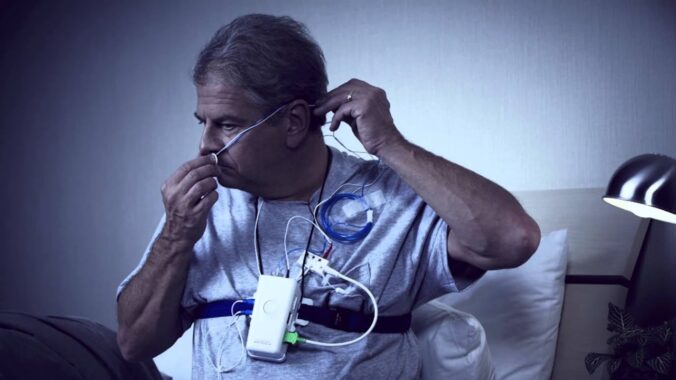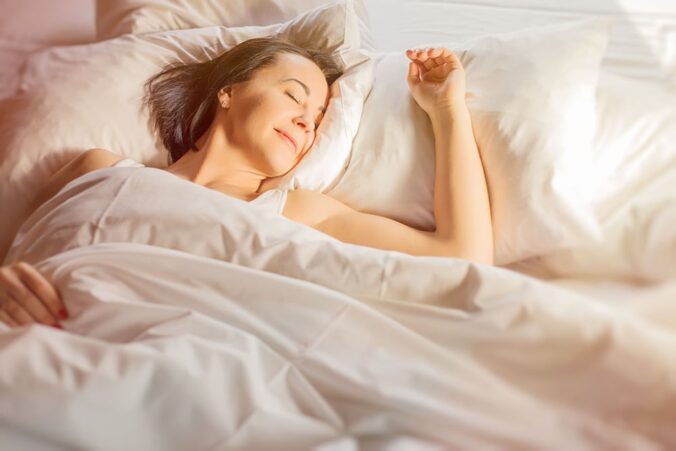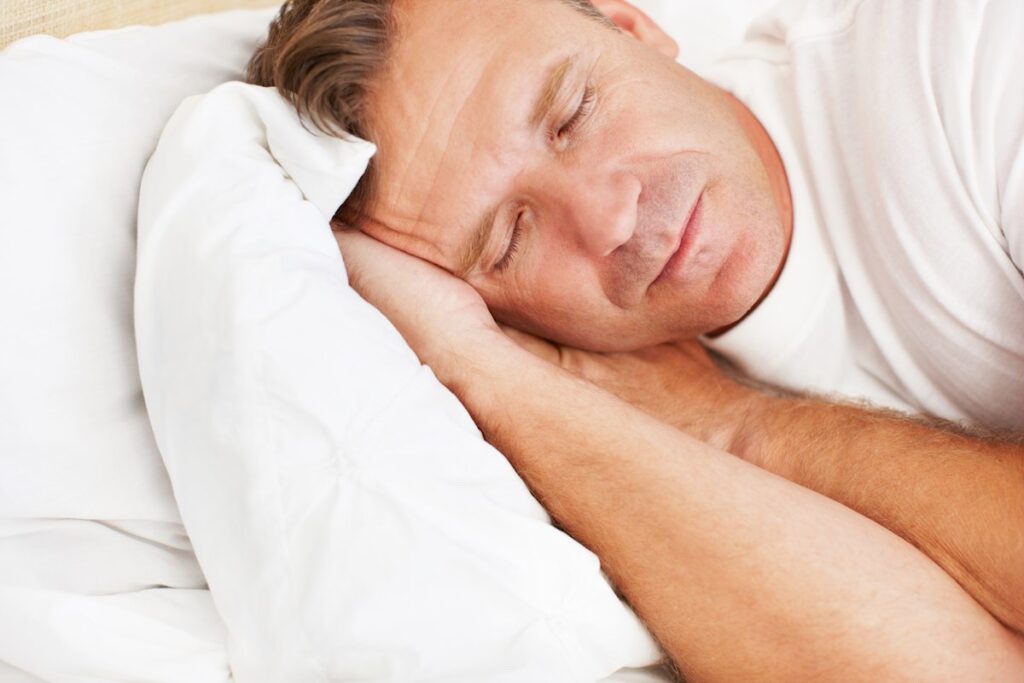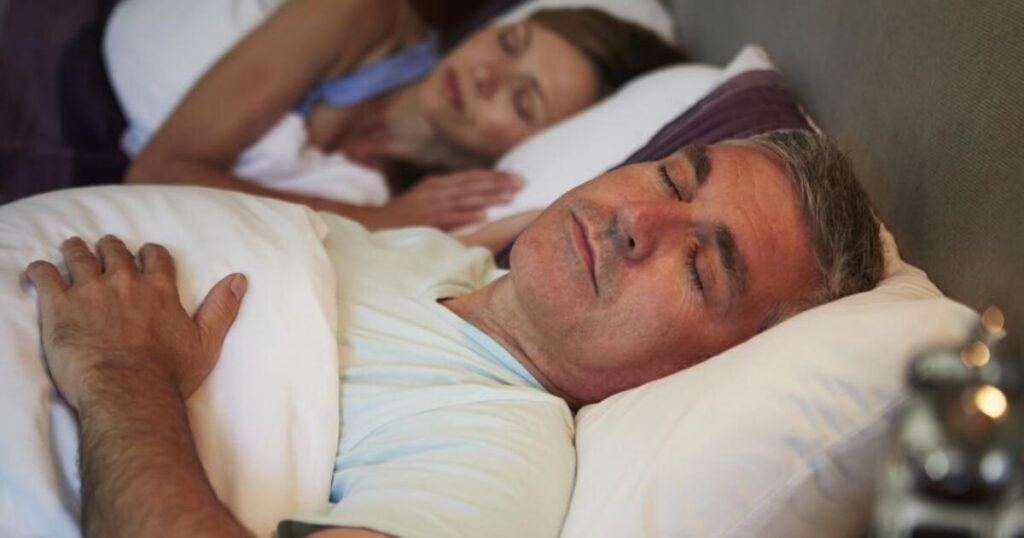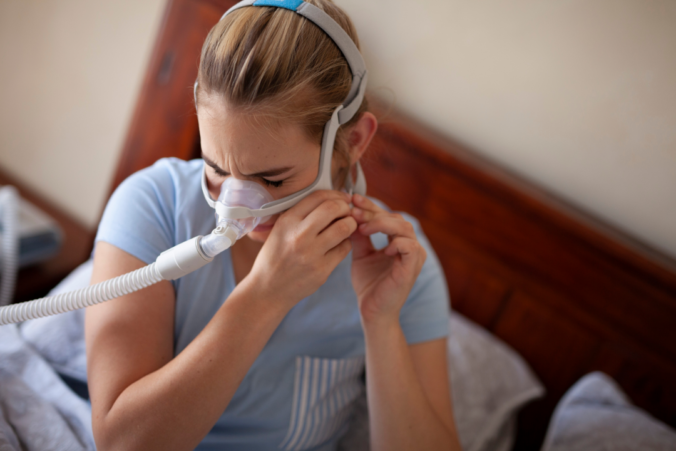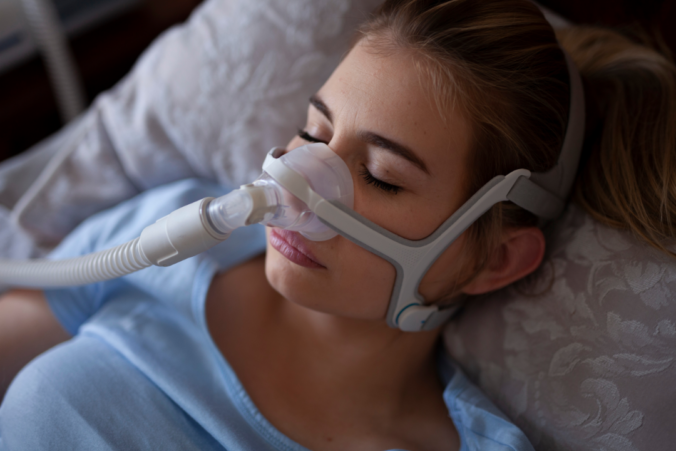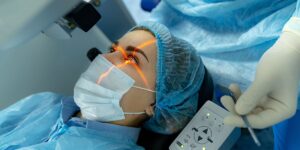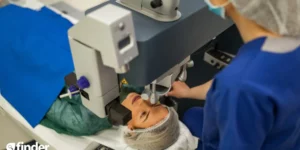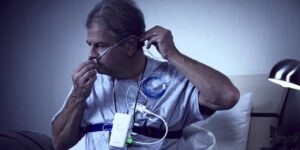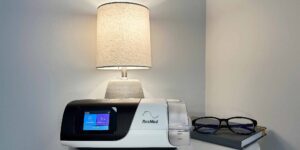Sleep quality plays a crucial role in our overall health and well-being. As we spend approximately one-third of our lives asleep, it is essential to understand the importance of a good night’s rest and to address any sleep disorders that may be affecting our quality of sleep. Sleep Study Brisbane offers comprehensive sleep studies to help individuals in Queensland assess their sleep quality and identify any underlying sleep disorders that may need to be addressed.
Understanding the Importance of Sleep Quality
Adequate sleep is essential for optimal physical and mental function. It allows our bodies to repair and rejuvenate, promotes immune function, and enhances cognitive performance. Good sleep quality is associated with improved concentration, mood regulation, memory consolidation, and overall quality of life.
The Role of Sleep in Overall Health
Sleep plays a vital role in maintaining a healthy body and mind. During sleep, the body repairs and replenishes cells, tissues, and organs. It supports cardiovascular health, aids in weight management, and helps regulate hormones. Sufficient sleep also strengthens the immune system, reduces the risk of chronic diseases such as diabetes, and promotes mental well-being.
Moreover, quality sleep is crucial for proper brain function. While we sleep, our brains process and consolidate memories from the day, helping us learn and retain information. Lack of sleep can impair these cognitive processes, leading to forgetfulness and difficulty learning new things. Additionally, deep sleep stages are essential for the brain to clear out toxins that accumulate during waking hours, promoting overall brain health and function.
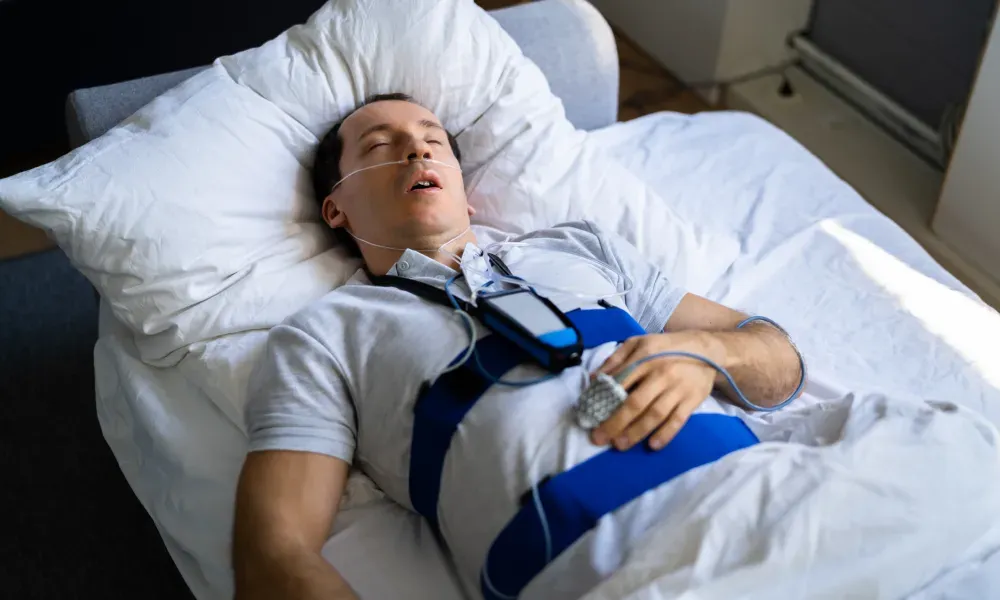
The Impact of Poor Sleep Quality
In contrast, poor sleep quality can have adverse effects on various aspects of our lives. It can lead to daytime sleepiness, decreased attention span, difficulty concentrating, and impaired decision-making abilities. Chronic poor sleep has been linked to an increased risk of accidents, mood disorders, cardiovascular diseases, obesity, and weakened immunity.
Furthermore, inadequate sleep can disrupt the body’s hormonal balance, particularly affecting the hormones that regulate appetite. This imbalance can lead to increased cravings for high-calorie foods, contributing to weight gain and obesity. The body’s ability to process glucose is also impacted by poor sleep, raising the risk of insulin resistance and diabetes. Additionally, ongoing sleep deprivation can elevate stress levels, triggering the release of cortisol, a hormone that, in excess, can have detrimental effects on both physical and mental health.
The Process of a Sleep Study
If you suspect that your sleep quality is compromised or have been experiencing symptoms of a sleep disorder, undergoing a sleep study can provide valuable insights into your sleep patterns and help identify potential issues that may be contributing to poor sleep quality.
Before undergoing a sleep study, it is important to prepare by avoiding caffeine and alcohol consumption, as well as discussing any medications you are taking with your healthcare provider. Additionally, it is recommended to bring comfortable sleepwear and any items that help you relax before bedtime to create a familiar sleep environment during the study.
What to Expect During a Sleep Study
A sleep study, also known as polysomnography, is a non-invasive procedure conducted in a designated sleep laboratory or clinic setting. During the study, various physiological parameters are monitored to assess sleep quality. These parameters may include brain waves, eye movements, heart rate, breathing patterns, muscle activity, and oxygen saturation levels.
Upon arrival at the sleep laboratory, a sleep technologist will apply sensors to different parts of your body to monitor the aforementioned physiological parameters. These sensors are painless and designed to be as minimally intrusive as possible to ensure a comfortable experience throughout the night. Once the sensors are in place, you will be given time to relax and prepare for sleep in a private room within the facility.
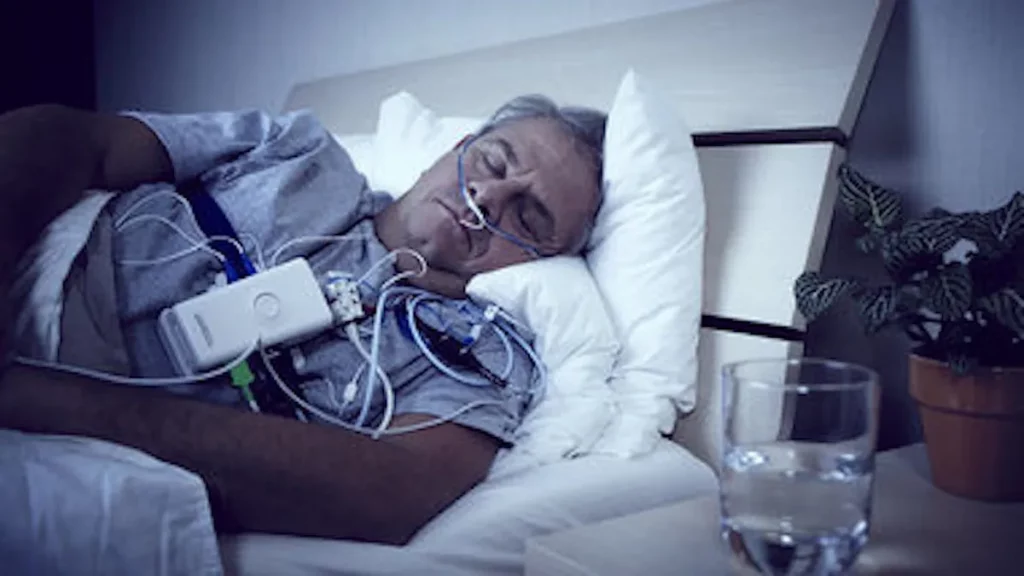
Different Types of Sleep Studies
There are different types of sleep studies, depending on the specific sleep disorder or condition being assessed:
- Nocturnal Polysomnogram: This comprehensive study assesses sleep stages, breathing patterns, and other physiological markers throughout the night.
- Maintenance of Wakefulness Test (MWT): This test measures the ability to stay awake during specified periods and is often used to determine if excessive daytime sleepiness exists.
- Multiple Sleep Latency Test (MSLT): This test evaluates daytime sleepiness and determines the average time taken to fall asleep in a quiet and comfortable environment. Find more at https://sleepeducation.org/patients/multiple-sleep-latency-test/
Sleep Disorders Commonly Identified in Sleep Studies
Through sleep studies, various sleep disorders can be identified and diagnosed. These commonly include insomnia and sleep apnea.
Another common sleep disorder that is often identified in sleep studies is restless legs syndrome (RLS). RLS is a neurological condition characterized by an uncontrollable urge to move the legs, usually due to uncomfortable sensations. This can disrupt sleep and lead to daytime fatigue and discomfort. Individuals with RLS may experience difficulty falling asleep and staying asleep, similar to those with insomnia.
Insomnia and Its Effects
Insomnia is characterized by difficulty falling asleep, staying asleep, or both. It can be caused by various factors such as stress, anxiety, poor sleep habits, or underlying medical conditions. Insomnia can significantly impact one’s quality of life, leading to fatigue, irritability, cognitive impairment, and reduced productivity.
In addition to the common causes of insomnia, certain lifestyle factors such as excessive caffeine intake, irregular sleep schedules, and excessive screen time before bed can also contribute to the development of insomnia. Addressing these factors through cognitive-behavioral therapy for insomnia (CBT-I) or other interventions can help improve sleep quality and duration. Learn more about insomnia (CBT-1) click here
Sleep Apnea: A Silent Threat
Sleep apnea is a potentially serious sleep disorder characterized by interrupted breathing during sleep. It can lead to fragmented sleep and decreased oxygen levels in the body. Sleep apnea has been associated with an increased risk of hypertension, heart disease, stroke, diabetes, and other medical conditions. Identifying and treating sleep apnea is crucial for overall health and well-being.
In addition to the physical health risks associated with sleep apnea, the condition can also impact mental health. Sleep apnea has been linked to an increased risk of depression, anxiety, and cognitive dysfunction. The fragmented sleep patterns and oxygen deprivation that occur with sleep apnea can affect mood regulation and cognitive function, highlighting the importance of timely diagnosis and treatment.
The Role of Sleep Study Brisbane in Queensland’s Health
Sleep Study Brisbane is dedicated to improving sleep quality and overall health in Queensland. Our team of highly skilled professionals utilizes advanced sleep study techniques to accurately assess individuals’ sleep patterns and identify any underlying sleep disorders that may be present.
Having a good night’s sleep is crucial for overall well-being, as it plays a vital role in maintaining physical health, cognitive function, and emotional balance. Sleep Study Brisbane recognizes the significance of quality sleep and its impact on an individual’s daily life.
Our Approach to Sleep Studies
We take a comprehensive and personalized approach to each sleep study. Our experienced staff ensures that the comfort and well-being of our patients are prioritized throughout the assessment process. We utilize state-of-the-art equipment and follow rigorous protocols to obtain accurate and reliable data.
During a sleep study at Sleep Study Brisbane, individuals are monitored closely by our expert team while they sleep. Various parameters such as brain waves, heart rate, breathing patterns, and movements are recorded to provide a detailed analysis of the individual’s sleep quality and identify any potential issues.
How Sleep Study Brisbane is Improving Sleep Quality in Queensland
Sleep Study Brisbane aims to create awareness about the importance of sleep quality and its impact on overall health. By conducting thorough sleep studies and providing accurate diagnoses, we enable individuals to take proactive steps towards improving their sleep quality and addressing any underlying sleep disorders that may be present.
Through our efforts, we strive to educate the community about the significance of healthy sleep habits and the potential consequences of untreated sleep disorders. By promoting better sleep practices and offering effective treatment options, Sleep Study Brisbane is dedicated to enhancing the quality of life for individuals across Queensland.
How to Prepare for a Sleep Study
Preparing for a sleep study is essential to ensure accurate results. Here are some essential steps to follow:
Before diving into the details of preparing for a sleep study, it’s crucial to understand the significance of this diagnostic procedure. A sleep study, also known as a polysomnography, is a non-invasive test that monitors various body functions during sleep, including brain activity, eye movements, heart rate, and more. This test helps healthcare providers evaluate sleep patterns, diagnose sleep disorders, and recommend appropriate treatments.
Pre-Study Checklist
- Follow any instructions provided by your healthcare provider regarding medication, diet, or activity restrictions before the study.
- Ensure that the sleep study facility has all the necessary information, such as medical history, pre-existing conditions, and any medications being taken.
- Dress comfortably for the sleep study, preferably in loose-fitting clothing.
- Avoid consuming caffeine or alcohol leading up to the study, as these substances can affect sleep patterns and quality.
Additionally, it’s essential to maintain a consistent sleep schedule in the days leading up to the study. Adequate rest and a regular bedtime routine can help ensure that your natural sleep patterns are accurately captured during the study.
What to Bring to Your Sleep Study
It’s important to bring the following items to your sleep study:
- Comfortable sleepwear
- Toiletries, including toothbrush and toothpaste
- Any medication you regularly take
- Personal items that help create a familiar sleep environment, such as a pillow or blanket
Creating a comfortable and familiar sleep environment can promote relaxation and improve the quality of your sleep study results. Familiar scents, sounds, and textures can help ease any potential anxiety or discomfort associated with sleeping in a new environment.
In conclusion, Sleep Study Brisbane provides a comprehensive and personalized approach to assessing sleep quality and identifying sleep disorders in Queensland. By recognizing the importance of sleep quality and addressing any issues that may hinder it, individuals can improve their overall health, well-being, and quality of life.

